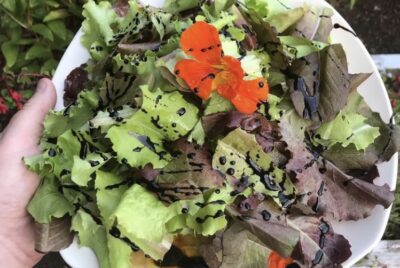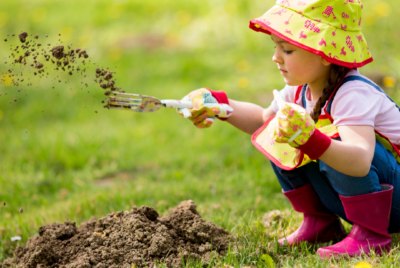RESEARCH
Role of Gardening in Mental Health, Food Security, and Economic Well-Being in Resettled Refugees: A Mixed Methods Study
Summary
School gardening programs are being used in many countries to help children eat healthier and feel better overall. This study looked at 24 different school gardening projects around the world to understand how and why these gardens can make a difference for school-aged children. Most of the programs took place in primary schools and aimed to encourage kids to eat more fruits and vegetables, learn about nutrition, and be more physically active. The researchers found that these gardens worked best when they were part of the school curriculum, included hands-on activities, involved families and teachers, and respected local cultures.
The study showed that school gardens can lead to a range of positive outcomes for children. Kids who took part in these programs often ate more fruits and vegetables, got more fiber and vitamins, and sometimes even improved their body weight. Beyond physical health, gardening also helped children feel a greater sense of belonging, improved their social skills, and boosted their overall well-being. The most successful programs used a mix of approaches, like combining gardening with nutrition lessons and involving families, to reinforce healthy habits and make learning fun and meaningful.







